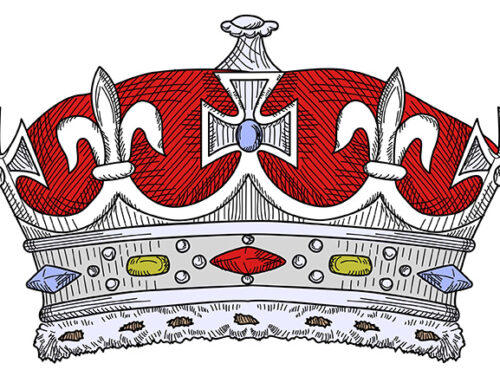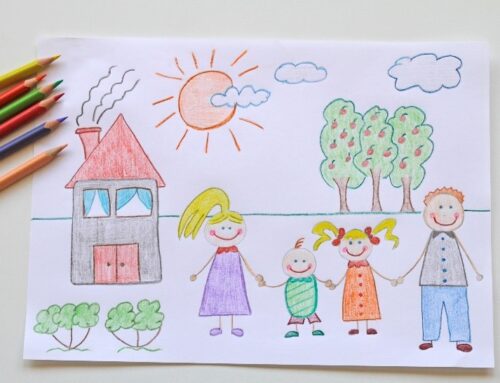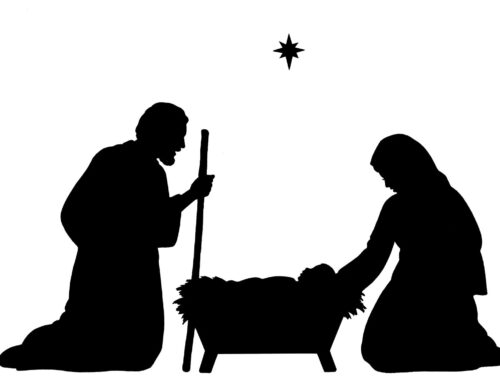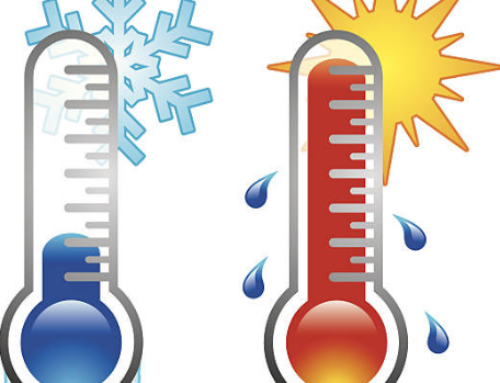Feel free to listen to the audio version of the blog post.
 Frightened by the clamour of thunder in the night, a little girl cried out. Holding her securely in his arms, her father explained that she need not fear. God would take care of her because He loved her greatly.
Frightened by the clamour of thunder in the night, a little girl cried out. Holding her securely in his arms, her father explained that she need not fear. God would take care of her because He loved her greatly.
“I know God will take care of me and love me,” she replied. “But right now, Daddy, I want someone with skin on to love me.”
There are people around us who need this kind of love. Jesus introduces one of the best-known people helpers in Luke 10:25-37. We can glean practical lessons from the Good Samaritan.
If you truly want to help needy people, know what to do.

What did the Good Samaritan do?
He took care of the man’s immediate needs. Oil and wine were favourite treatments for wounds in ancient medicine. They were considered the best remedies, especially for wounds produced by violence. The wine was to cleanse and the oil to soothe and heal.
The inn where the Samaritan took this needy man was unlike the motels of our day. The rooms were not furnished, with each traveller expected to provide everything but shelter for himself. He had to bring his own bedding, provisions and cooking utensils. In cases of sickness, the porter may have tended to the guest. Having bandaged his wounds and settled him in a room, the Samaritan hired the innkeeper to look after the man.
He took time. He took a day out of his busy schedule to look after this man’s needs. If you truly want to help people—you must be flexible. Needs often appear at inconvenient times.
He was more concerned with being a neighbour than with whether the needy person was his neighbour. The expert in the law was trying to wriggle out of his responsibility to others by asking, “Who is my neighbour?” In response Jesus suggested that the real question is rather, “Do I behave as a neighbour?” Jesus did not supply information as to which one he should help. It was not more information that the lawyer needed, but a new heart of love.
If you truly want to help needy people, know what not to do.

What did the Good Samaritan not do?
He did not judge the person in need based on culture and nationality. There was intense hatred between Jews and Samaritans. The Jews saw the Samaritans as a despicable nation of half-breeds (Assyrians and Jews), while the Samaritans saw the Jews as snooty and stuck up. A steep road, 27 kilometres long, descended more than a kilometre from Jerusalem to Jericho—which was a country dwelling of priests. It was unusual for the Samaritan to be on this road, since it was not in his home territory of Samaria but in the Jewish territory of Judea.
The Jews had a very narrow definition of the word “neighbour”. The rabbis interpreted it to mean only those who were Jewish. The Gentiles (non-Jews) were not considered neighbours. Jesus shocked his audience by making a Samaritan the hero of His story. The expert in the law could not bring himself to say, “The Samaritan” but rather, “The one who had mercy on him.”
He did not indulge in false empathy by not acting. The virtues of love and faith are not demonstrated through intentions and wishes, but by actions!
He was not superficial (unlike the religious leaders). The priest and Levite feared defilement by touching a corpse. These religious leaders placed greater priority on appearance than meaningful involvement in other people’s lives.
He did not pass by. The expert in the law who quizzed Jesus was familiar with Exodus 23:5. This law sets the priest and Levite in the parable of the Good Samaritan in a most despicable light—showing how they treated a fellow human being with less regard than their law required them to treat an enemy’s donkey.
He did not drop everything. He left him with the innkeeper. The Samaritan did not disregard all his personal responsibilities and business endeavours to help this needy man. He made sure that the fellow’s needs were looked after, then he moved on. We tend to feel guilty when we don’t drop everything to help someone else. God understands. He calls us to help those in need, not to tend to every want and whim of others. Effective and enduring people-helpers have healthy boundaries.
He did not expect payment. Human nature tends to live by the motto, “You scratch my back and I’ll scratch yours”. Loving your neighbour as yourself means giving without anticipating anything in return.
He did not give money directly to the needy man. Either the Samaritan couldn’t be sure if the needy man was trustworthy in how he handled the money, or he felt that he was in no condition to make financial decisions. The Samaritan wisely left the money with the innkeeper rather than the needy man.
He did not go looking for something to do. A model people-helper simply does what his or her hand finds to do in the course of fulfilling everyday responsibilities—seizing opportunities when they arise.
Are we and our congregations distinguished by the care we give? Are we known as helpers of people in need? Let’s follow the example of Jesus’ model people-helper.


Allan Pole
CESLM President
al@eslcooperative.ca






























































We often ignore an important member of this story, the donkey. The Samaritan had a donkey, and put the wounded man on the donkey. He didn’t try to carry the man by himself. We Christians have a donkey, the power of God activated through prayer. We aren’t asked to carry everyone’s burden because that burden is too great. We are to do what we can, and then lift the wounded onto the donkey of God’s care and power. Only God can bring lasting healing to a hurting world.
Dale